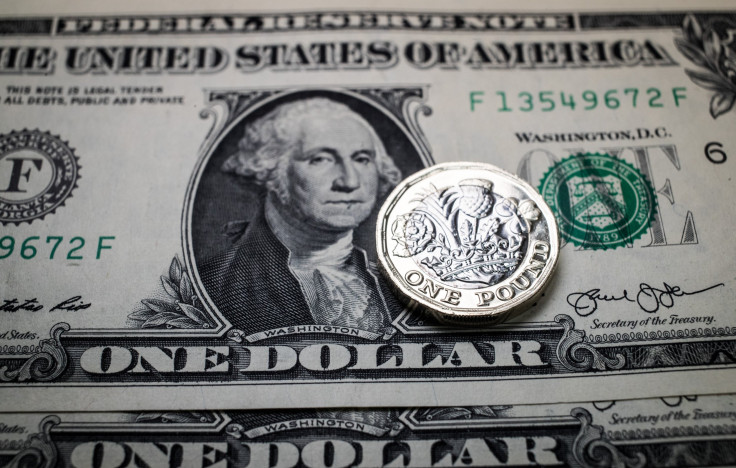US Economy: Many Americans Have No Emergency Savings Fund, Report Says

While threats of natural disasters always exist, there are often lingering worries of a potential financial crisis. For many Americans, the prospect of another economic disaster could spell doom.
A good percentage of Americans claimed they don't have enough money to cover an emergency expense if one should arise, according to a poll from Bankrate released Wednesday.
The survey from Bankrate interviewed 1,006 U.S. adults from June 6 to June 10 and had a margin of error of plus or minus 3.6 percentage points. The information shows how the average American may have what is considered an inadequate amount of emergency savings.
Experts say every household should have about six months’ worth of emergency funds stashed away in a savings account to prevent going into debt if any unforeseen events occur. But, that may not be the case as only 29 percent of Americans hold the recommended amount of savings.
Eight percent of respondents revealed that they have only enough to cover three to five months of unforeseen expenses.
Twenty-two percent said they have savings that would cover less than three months’ expenses. What’s more, nearly one-in-four Americans have no emergency savings at all.
According to experts, this could spell disaster.
"Many Americans are kidding themselves if they have less than three months’ worth of expenses in emergency savings and claim to have any level of comfort with that," Bankrate Chief Financial Analyst, Greg McBride, CFA said in a press release. "The goal should be to have enough emergency savings to cover six months’ expenses – and anything less than that should cause discomfort."
Meanwhile, many claim to be just fine with not having any rainy-day funds. The Bankrate report found that nearly half of Americans who have less than three months of expenses saved said they are somewhat comfortable or very comfortable with the amount of money saved for emergencies.
Furthermore, 18 percent of respondents that have no emergencies funds whatsoever echoed that sentiment.
According to financial experts, the safest route is to make sure to save at least six months of funds and not to settle for less than that.
"Your emergency savings is a buffer between you and high-interest-rate debt when unplanned expenses arise," McBride said. "Nothing lets you sleep better at night than knowing you have money tucked away to cover unplanned expenses."
The Bankrate study also highlighted households with lower income and less educational attainment were more prone to be without emergency funds. Still, 27 percent of the lowest income households have enough savings for at least three months of emergency costs.
Most importantly, McBride says it’s all about creating a habit of saving money, which will make it easier to stockpile those extra funds.
© Copyright IBTimes 2025. All rights reserved.





















